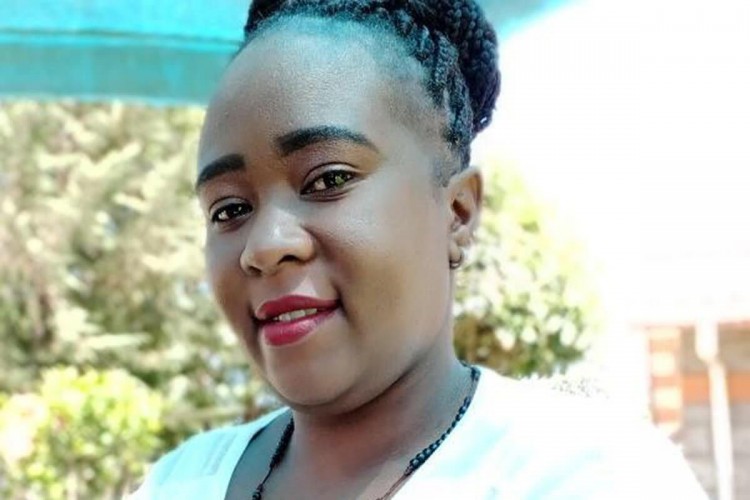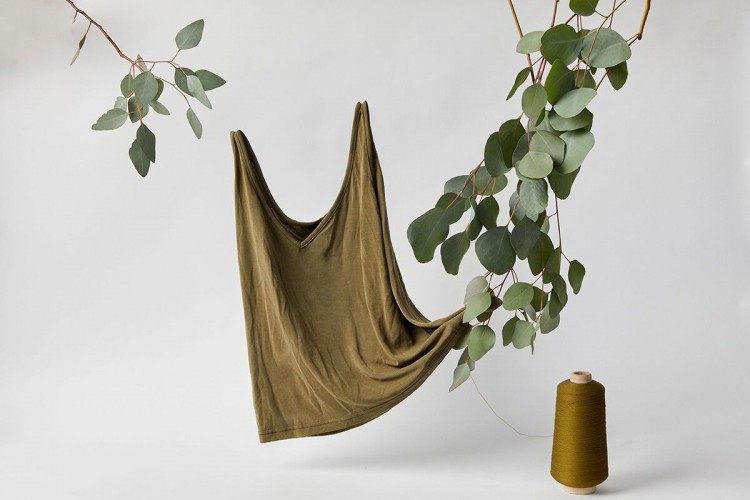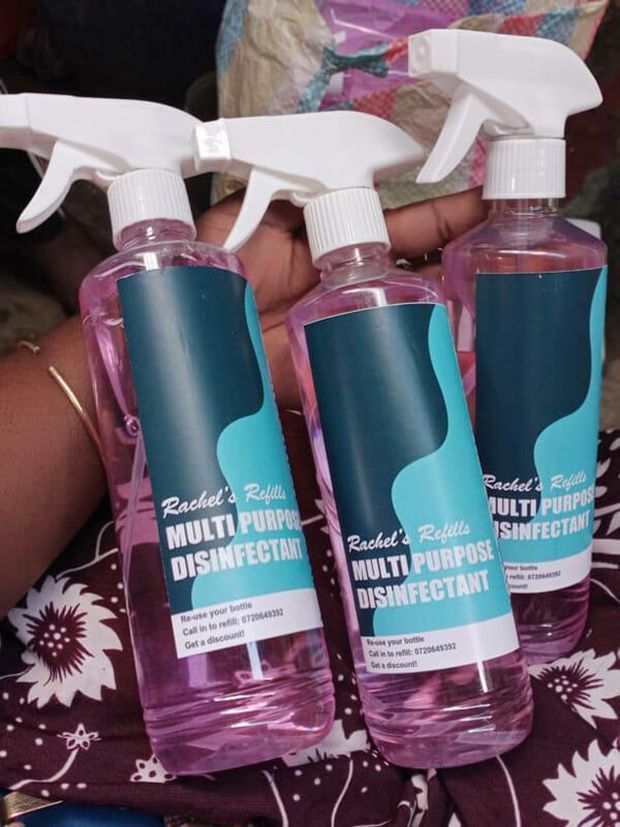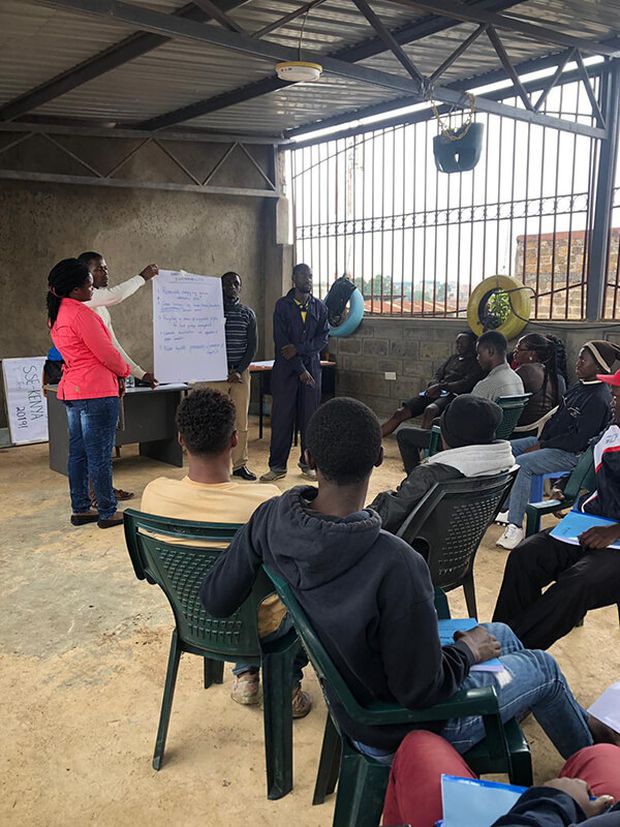
Young mentors from UBC Sauder School of Business team up with an ambitious Kenyan entrepreneur to adapt to pandemic

Entrepreneur Rachel Irungu, of Kibera, Kenya, started a local business with the help of students of the UBC Sauder Social Entrepreneurship program.
Posted ─ 2021-05-18
Yes, we were in Kenya to fuel entrepreneurship, but in return we gained valuable perspective on how businesses run in other contexts and places.
Toronto-based Pavani Chugh went to Kenya to teach business, marketing and financial management skills to local entrepreneurs. The educational trip was a component of the UBC Sauder Social Entrepreneurship program.
Discover where a business education can lead. Read more here:
Card link for From coffee grinds to beech trees – turning waste into wearables


From coffee grinds to beech trees – turning waste into wearables
Entrepreneur Tanya Lee’s commitment to a healthy planet was evident when she reinvented both her fashion and textile lin...
Card link for MBA course aims to equip cities for survival


MBA course aims to equip cities for survival
MBA students from top universities around the world are teaming up online to make cities more resilient and to develop s...

